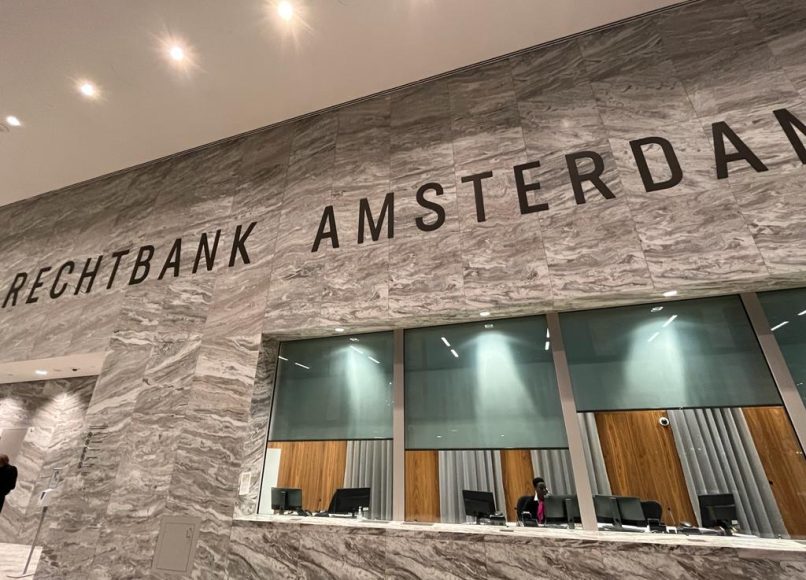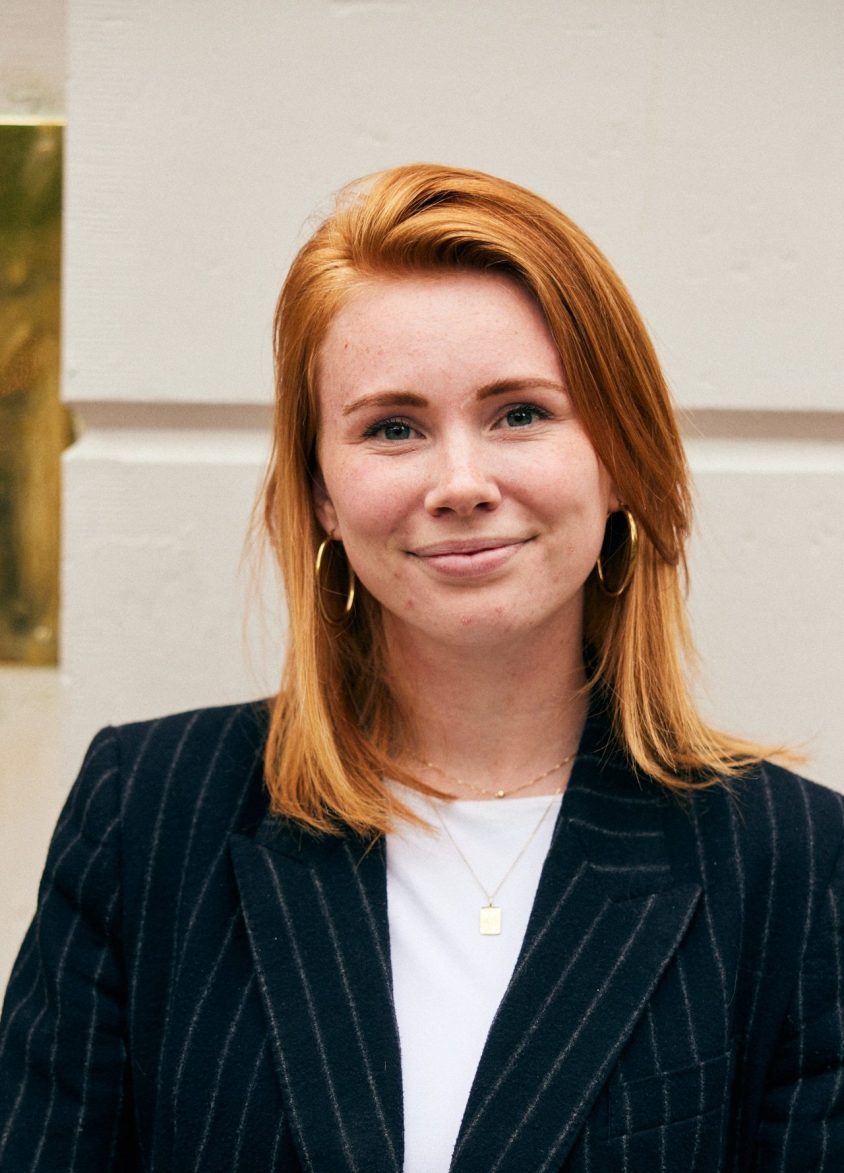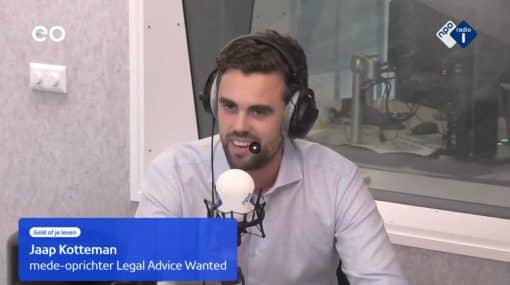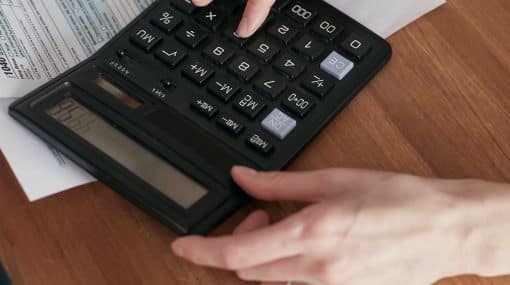Will student Melle van der Geest receive his energy allowance from the court? 'He is literally left out in the cold'
On Tuesday morning, student Melle van der Geest (24) stood before the court against the municipality of Amsterdam, arguing that he is unjustly excluded from at least €1000 in energy allowance. The municipality sees it differently, stating, "Students can still borrow or rely on their parents."

On August 5, 2022, the court in Gelderland decided that a student from Nijmegen is entitled to receive an energy allowance, even though he initially did not receive it. This inspired Amsterdam student Melle van der Geest to also take the matter to court. In Amsterdam, the energy allowance last year amounted to a one-time payment of €1000 or €1800.
Although the case is about Van der Geest on Tuesday, the judge acknowledges that her ruling also affects about 41,000 other students in Amsterdam. At least fifty interested parties, mainly peers, are present in the courtroom. The student union Asva had previously called on students to collectively apply for the allowance before losing their right to it.
Van der Geest, who shares a house with a roommate, is jointly responsible for paying the energy bill. He explains his situation: “My costs have increased, and due to various circumstances, I cannot work more than I already do. So, I have to keep my heating mostly off.”
His legal representative Daan Swildens states: “Melle is literally and figuratively left out in the cold.”
The key question is who the energy allowance is intended for. It was introduced in March by Minister Carola Schouten (Poverty Policy) for people earning up to 120% of the social minimum: about €1310 per month for a single person.
According to Miriam Mulders, a lawyer for the municipality, the group for whom the allowance is intended is fundamentally different from students. She argues that the group already receiving the allowance has ‘no resilience.’ But: “Students do not live in a hopeless situation of poverty. They can borrow, rely on their parents.”
This does not apply to Van der Geest, however. He already borrows the maximum amount from the Education Executive Agency (DUO) – about €1000 per month. His father has passed away.
Urgent Letter
In August, Amsterdam alderman Marjolein Moorman (Poverty) wrote a letter to The Hague stating that she cannot organize compensation for increased energy costs for students. She receives too little money from the central government, and there is not enough time.
The municipality claims to have already granted the allowance to 72,000 households. The legal representative warns during the hearing: if even a portion of the 41,000 students apply for the allowance, ‘we will be busy for a while.’
Stricter Requirements
Policy advisor at the municipality, Geerten Kruis, wants students to apply for allowances under a different scheme, the so-called ‘individual special assistance’ (IBB), as advised by Minister Schouten. In this case, the municipality assesses the actual energy costs of an applicant and their actual income. The judge says: “I wonder if that is not much more labor-intensive for you.”
Moreover, says the judge: student Van der Geest cannot use the IBB because the requirements for it are much stricter. “So, it is not an alternative for him,” the judge says, “how can that be explained?” There is a ten-second silence on the municipality’s side. Van der Geest has not yet applied for IBB and can, like all other students, still do so.
Van der Geest’s representative Swildens refers to Nijmegen. “You don’t have to give an energy allowance to each of the eight students who live together. You can pay the allowance once per student house.” He also states that the Nijmegen colleagues of the municipality are glad they did not have to use the IBB. “They couldn’t have handled it.”
Similar cases are also pending in Utrecht and Groningen has opted to open up the energy allowance to students. The verdict in Amsterdam will be announced in six weeks at the latest, on March 14. Van der Geest remains “cautiously optimistic” after Tuesday. “I found the municipality’s arguments very weak and often lacking.”
Gerelateerde Actualiteiten
Let us know how we can help. We are ready for you.



